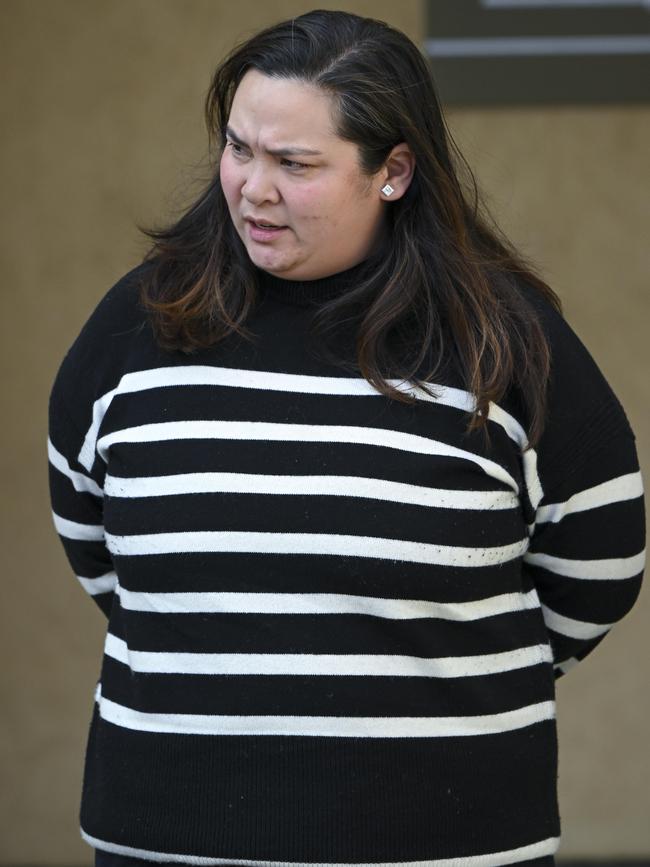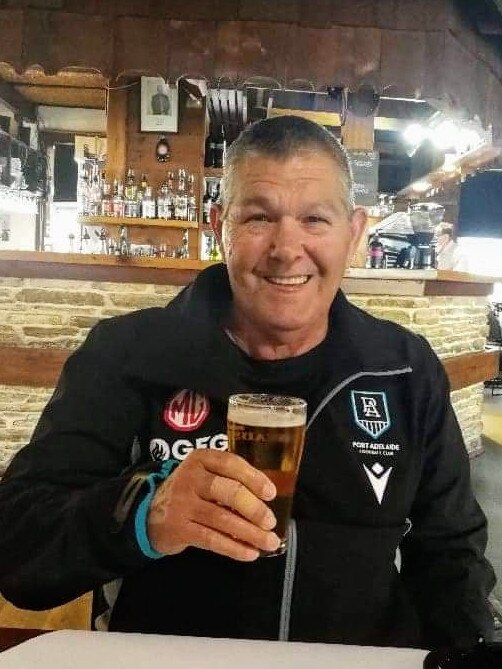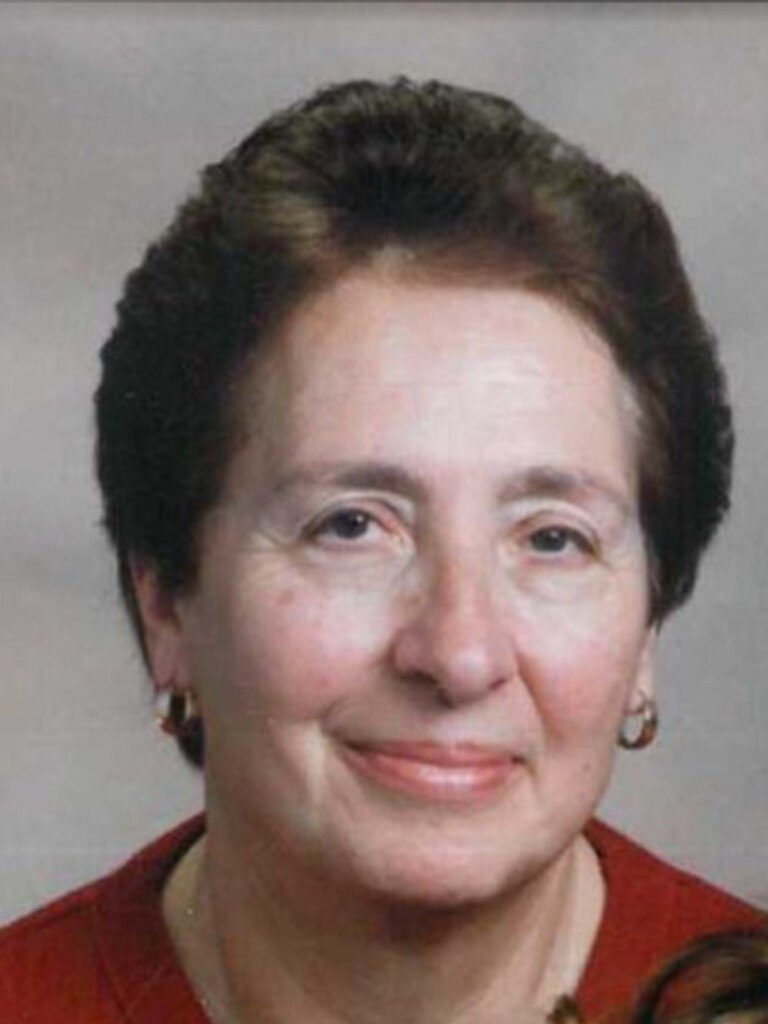Inquest into deaths of Anna Panella, Bernard Skeffington and Graham Jessett, who all died after being ramped in an ambulance
An emergency department director says the ramping crisis is leading to a huge turnover of nurses and doctors, as an inquest into the deaths of three South Australians continues.
Police & Courts
Don't miss out on the headlines from Police & Courts. Followed categories will be added to My News.
Ramping is “unrelenting” and leading to a significant turnover in medical personnel, the head of an Adelaide emergency department has told an inquest.
The inquest, investigating the deaths of Anna Vincenza Panella, 76, Bernard Anthony Skeffington, 89, and Graham Henry Jessett, 64, revealed they all suffered medical complications after being ramped for extended periods of time.
Giving evidence on Monday, Director of Emergency at the Royal Adelaide Hospital Dr Katrina Romualdez said a review into a clusters of death, including Mr Skeffington’s, found access block and ramping were large contributors to the delay in patients’ care.

“We also deal with the stress of not knowing how sick our patients are who are on the ramp and can’t get in,” Dr Romualdez said.
“The stress of dealing with the unknown on that takes its toll on staff.
Dr Romualdez said they had seen a “significant turnover” in medical personnel, especially in the past few years and it was often stated one of the reasons they were moving on was because working in the ED was too stressful. However, she also said there was a “desire to make the situation better”.
“I think our staff agree that none of the situation is ideal and definitely not a situation they want to be working in. There is a great desire for the system – in which they are a part of – to tackle the problem of access block which will then tackle the problem of ramping,” Dr Romualdez said.
Mr Skeffington was taken to the Royal Adelaide Hospital on September 25, 2021 after waiting three hours and 42 minutes after calling triple-0.
Opening the inquest into the three deaths, counsel assisting Darren Evans said a total of three ambulances were dispatched before the one that reached him, with them all being called to jobs considered to be of a higher priority.
“He was taken into the emergency department at 4.01pm, one hour and 43 minutes after arriving at hospital,” he said.
Mr Skeffington was later taken to comfort care where he died on September 29, 2021 as a result of aspiration pneumonia secondary to small bowel obstruction.


Mr Evans said Mr Jessett, who was a type 1 diabetic and suffering from chronic pulmonary obstructive disease, was “ramped” for five hours.
“When he sat down, he collapsed onto the (hospital bed) and went into cardiac arrest, CPR commenced immediately,” Mr Evans said.
Mr Jessett was pronounced dead at 6pm, after a decision was made to stop resuscitation.
The inquest heard Ms Panella’s high heart rate and respiratory rate were of concern she didn’t display shortness of breath or complain of chest pain until her condition rapidly deteriorated.

Ms Panella was then immediately taken into the resuscitation room 50 minutes after she had arrived at hospital in April 2019.
She suffered several cardiac arrests before being pronounced dead at 12.39am.
A post-mortem examination found Ms Panella died from extensive bilateral pulmonary emboli secondary to left calf deep vein thrombosis.
Dr Romualdez said there was a shared responsibility for ramping between the ambulance service and the emergency department.
“My role as the head of the unit is to ensure that we are working to the best of our ability to make ourselves as efficient as possible so that we are assessing and treating patients in a timely fashion,” she said.
“Thereby creating as much space for new patients as we safely and appropriately can.”
Dr Romualdez said that when they were able to assess patients and make the decision they need admission into hospital there was a large delay in them leaving the ED, which created blockages.
“A lot of our focus has been how do we still provide care without the appropriate space and how can we change or modify our processes so that we are still ably and safely trying to meet that demand that we are built for,” she said.
The inquest also heard Dr Romualdez “was never asked” by SA Health to participate in the 2024 Ambulance Ramping Review Report – something she believes she could have assisted with if given the opportunity.
“Both myself and my co-director would have happily participated in an interview or information-gathering type session,” Dr Romualdez said.
“We would’ve been happy to be involved, we were just never asked.
“I knew it was underway and that there was going to be ED clinicians that were going to be involved in the preparation of the report – I knew that.
“We did expect to be contacted and just never were.”
The inquest continues.
More Coverage
Read related topics:SA Health





